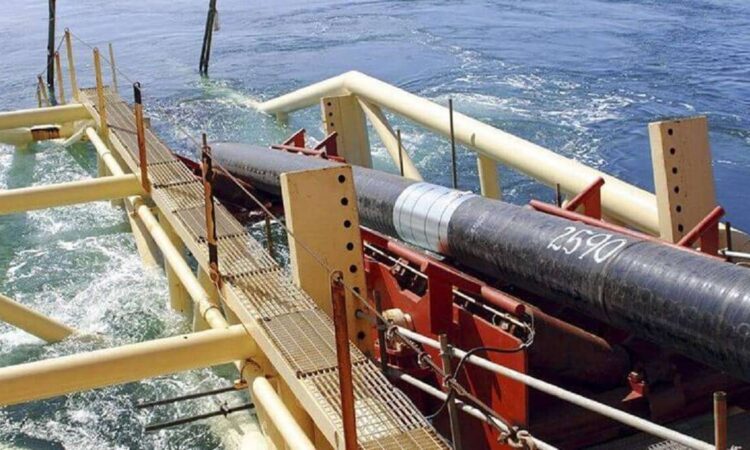
Morocco’s levels of renewable energy creation have reached the status of a global energy exporter from which the UK wants to be a major beneficiary.
Originating from solar, wind, green hydrogen and, recently, organic waste, Morocco’s energy supply has positioned itself as the most advanced in the Maghreb region and one of the most important in Africa.
This project confirms that Morocco has taken important steps to become a global energy exporter in the framework of the Future Plan of King Mohammed VI of Morocco, which aims to achieve a qualitative change in the context of the wide variety of renewable energy sources. Morocco also plans to meet 50% of its energy needs through renewable energy sources by 2030.
Through an undersea cable connecting the Western Sahara region to the British archipelago, Morocco plans to be able to power the homes of more than 7 million people.
The British government wants to speed up the finalisation of energy links with Morocco claiming that it is a ‘national project’ and an important partner for Morocco, as London plans to invest in clean energy in the future. The Alawi nation can achieve this goal thanks to its significant energy capabilities.
UK-based Xlinks has announced the appointment of Vegar Serthwaite Larsen as chief technology officer to lead the 1.4 billion pounds sterling (1.7 billion dollars) submarine cable manufacturing project. The process involves the construction of four huge undersea cables that will supply 3.6 gigawatts of power to British homes by 2030, a huge project that will meet 8% of Britain’s electricity needs.
“Completion of the cable will begin in the first month of 2024 and will connect to the solar and wind power sectors in the Moroccan desert”, Larsen
The British government wants to accelerate the completion of electricity connections between Morocco and the UK, which is considered a “national project,” and London will invest in clean energy in the coming years.
However, according to a report by the specialised media, Electric, the first phase of the project will begin with the installation of four cables in early 2027. The remaining three cables will connect Devon Island in England with the town of Guelmim, south of Agadir, and will be commissioned in 2029.
On 26 January, the Emirati company Taqa and the UK’s Octopus Group announced $37 million in funding for a project to connect power lines between Morocco and the UK. King Mohammed VI has stated on several occasions that “Morocco will be a low-carbon economy in the coming decades” and wants all factors to contribute to the success of the renewable energy projects he has launched and strongly promoted to stimulate the economy.
The consolidation of Morocco’s sovereignty in this promising area is nearing completion. Morocco has significant potential for renewable energy production, with some 5,000 hours per year of wind power and more than 2,500 hours of solar power.






